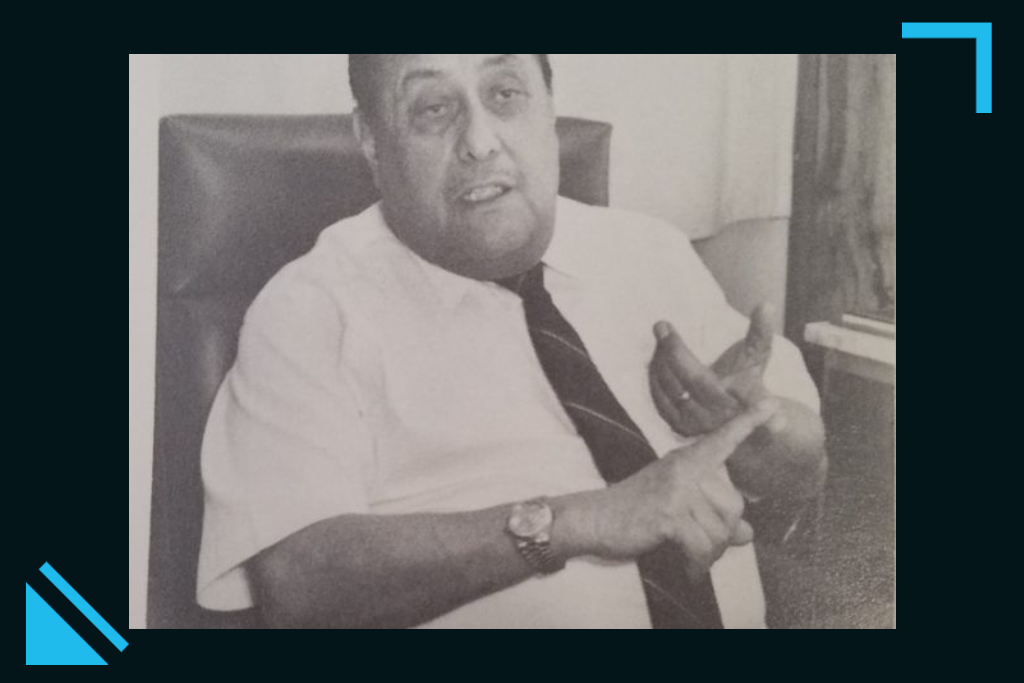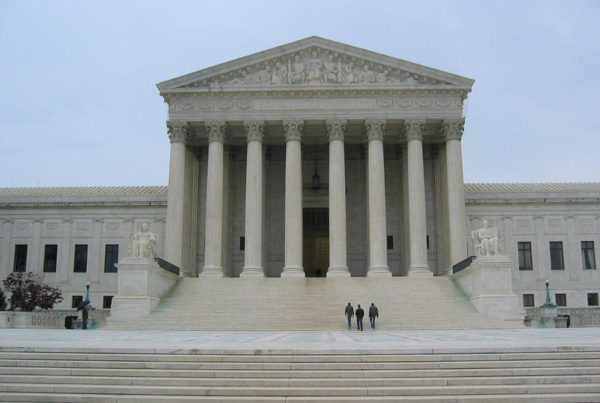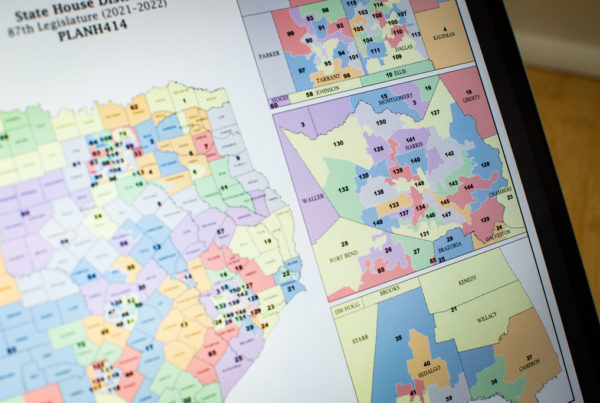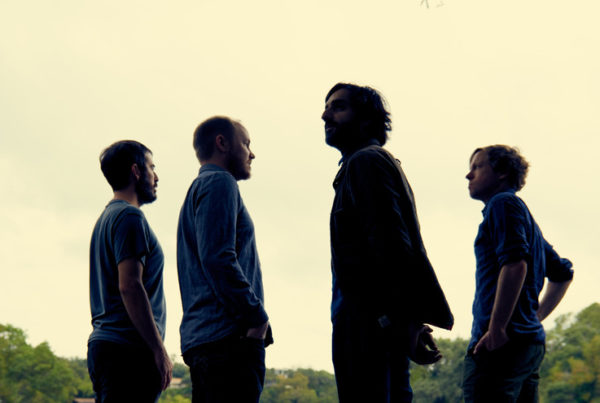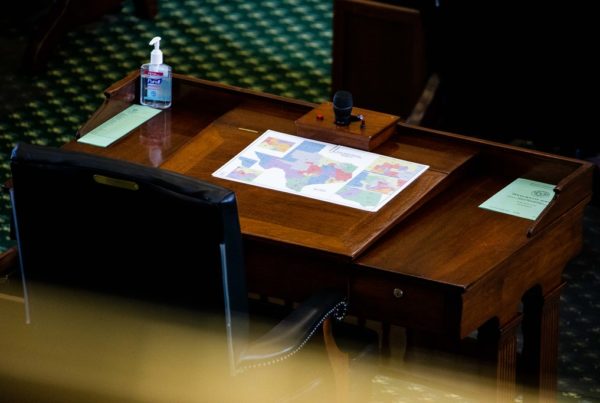Pedro “Pete” Tijerina’s first epiphany came during World War II while he was stationed in Guam. He’d joined the Army Air Corps, which later became the Air Force, after dropping out of high school.
He was inspired by a book he was reading to pass the time.
“The book was Clarence Darrow fighting for the oppressed and the poor and I thought that, you know, maybe this is where I belong,” Tijerina said.
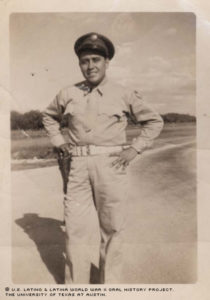
Tijerina used the GI Bill to go to college and then law school. But his grades suffered as he balanced being a young father and working full-time. He found a work-around that let him take the bar exam as long as he was sponsored by an attorney.
“I got all my books and for 30 days… studied day and night. I went and took my bar exam and I got a better grade than the guys on the Dean’s list at St. Mary’s!” Tijerina said.
He opened a law office in 1951. Many of his cases involved discrimination against Mexican Americans.
“There were signs on restaurants, ‘No Mexicans Allowed.’ Signs on bathrooms in public buildings, ‘No Mexicans Allowed.’ We had to fight all of those things,” Tijerina said.
The discrimination was widespread – and the courts were little help.
“You’re supposed to be judged by your peers of your community,” Tijerina said. “Certainly, those jurors were not the peers of my clients who were poor people from the West Side.”
Tijerina became active in the local chapter of the League of United Latin American Citizens, or LULAC. As LULAC’s state civil rights chair, he heard complaints from all over Texas. But he had few tools to make real change.
“The problems that were brought before us: police brutality, suspensions from schools, school segregation… All we could do was protest,” Tijerina said. “We had no money and no lawyers that would fight our cases.”
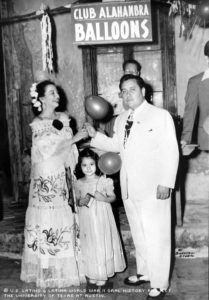
In 1966, came Tijerina’s second epiphany.
He represented a Mexican American woman from rural South Texas who lost her leg in a car crash. She was suing the driver, a white person, and Tijerina was confident of a hefty settlement. But there were no Latinos on the first jury list. Tijerina protested and the court produced a second list of possible jurors.
“They had two Mexicanos. One had been dead for 10 years,” Tijerina said.
The other spoke no English.
“So as a result, I had no choice but to settle the case for a third of its actual worth,” Tijerina said.
Mexican Americans were seeking help from the NAACP’s Legal Defense and Educational Fund – known as the LDF. The LDF, in turn, asked Tijerina to help on those Texas cases. But Tijerina had an alternate proposal: how about Mexican Americans starting their own legal defense fund?
“It was important to the movement and to the cause and to the Mexican American community to have our own lawyers fight our own cases,” Tijerina said.
The LDF worked with Tijerina and, in 1968, Tijerina received a grant from the Ford Foundation to create MALDEF. It worked for Latino civil rights in areas like higher education, employment discrimination, voting rights and more. Part of the money funded Mexican American law students. One of them was another Laredo native: David Lopez.
“I ended up receiving the first MALDEF scholarship and enrolled in South Texas college of Law in Houston,” Lopez said.
With the scholarship, Lopez earned his law degree and spent the next 50 years representing labor and other civil rights cases.
MALDEF has continued to flourish over the years and Tijerina is remembered for leaving a legacy of institutional change for Latinos.This story was produced in collaboration with the Voces Oral History Center at UT Austin’s Moody College of Communication as part of Texas Standard’s recognition of Hispanic Heritage Month.


